What’s Happening?
Former presidential candidate and prominent political figure Rabiu Musa Kwankwaso has strongly criticized President Bola Tinubu’s declaration of a state of emergency in Rivers State, calling it an unconstitutional overreach that undermines Nigeria’s democratic principles.
Kwankwaso’s comments come in response to Tinubu’s decision to suspend Rivers State Governor Siminalayi Fubara, his deputy, and all elected members of the state legislature. The president cited escalating security threats, including a major attack on the Trans-Niger Pipeline, which disrupted crude oil production, as the reason for the declaration.

Kwankwaso’s Critique: A Threat to Democracy
In a statement posted on his official X platform, Kwankwaso expressed deep concern over the move, warning that it sets a dangerous precedent and brings the military uncomfortably close to political power.
“I am perturbed by the unilateral decision of President Bola Tinubu to suspend Governor Similayi Fubara of Rivers State, his deputy, and all elected state legislators from office,” Kwankwaso wrote. He argued that the legislature’s role is to hold the executive accountable, not to rubber-stamp its decisions.
Kwankwaso also criticized the National Assembly for hastily endorsing Tinubu’s proclamation, describing it as a failure to check executive overreach. “The Constitution is clear on the method of voting on issues of such importance, and the decision to use a voice vote is not consistent with proper procedures and transparency,” he stated.
The Role of the Judiciary
Kwankwaso called on the judiciary to uphold constitutional order and remain impartial in the face of political pressure. “Our judiciary has the very important task of balancing the balance of power by being fair to all parties in any conflict,” he said.
He urged legal institutions to resist external influence and deliver judgments that restore public confidence in the rule of law. “The custodians of the Law in Nigeria need to wake up to their responsibility of calming nerves by being as just as possible,” he added.
Military Involvement: A Dangerous Precedent
One of Kwankwaso’s most pointed criticisms was the involvement of the military in governance. He warned that this move risks reversing the progress Nigeria has made in establishing democratic stability since its return to civilian rule in 1999.
“For a politician that prides himself as a consistent advocate and defender of democracy in our country, the decision by President Tinubu to draft in the military into a position of leadership is hugely dangerous,” Kwankwaso said. He reminded Tinubu of former President Olusegun Obasanjo’s efforts to keep the military confined to their barracks, emphasizing the importance of maintaining a clear separation between the military and political power.
The Legal Debate
Legal experts and opposition figures have also questioned the constitutionality of Tinubu’s declaration. Kwankwaso echoed these concerns, arguing that the situation in Rivers State does not justify the invocation of Section 305(1) of the 1999 Constitution, which allows for a state of emergency under extreme circumstances.
“I am of the view that the political situation on the ground in Rivers does not justify such a flawed interpretation of the constitution. The action constitutes an unconstitutional overdrive, and it could foster a culture of impunity if unchecked,” he stated.
Why This Matters
The declaration of a state of emergency in Rivers State has far-reaching implications:
- Democratic Principles: The move raises concerns about executive overreach and the erosion of democratic norms.
- Separation of Powers: The National Assembly’s quick endorsement of the declaration undermines its role as a check on the executive.
- Military Involvement: Bringing the military into governance risks politicizing the armed forces and destabilizing Nigeria’s democracy.
- Rule of Law: The judiciary’s response will be crucial in determining whether constitutional order is upheld.
What’s Next?
The controversy surrounding the state of emergency in Rivers State is likely to escalate, with opposition figures, legal experts, and civil society groups calling for a reversal of the decision. Key developments to watch include:
- The judiciary’s response to legal challenges against the declaration.
- Reactions from other political leaders and stakeholders.
- The potential impact on Nigeria’s democratic stability and governance.
Key Takeaways
- Kwankwaso has condemned Tinubu’s declaration of a state of emergency in Rivers State as unconstitutional.
- The National Assembly’s endorsement of the move has been criticized as a failure to check executive overreach.
- The involvement of the military in governance sets a dangerous precedent.
- The judiciary is urged to uphold constitutional order and resist political influence.
- The declaration could foster a culture of impunity if left unchecked.






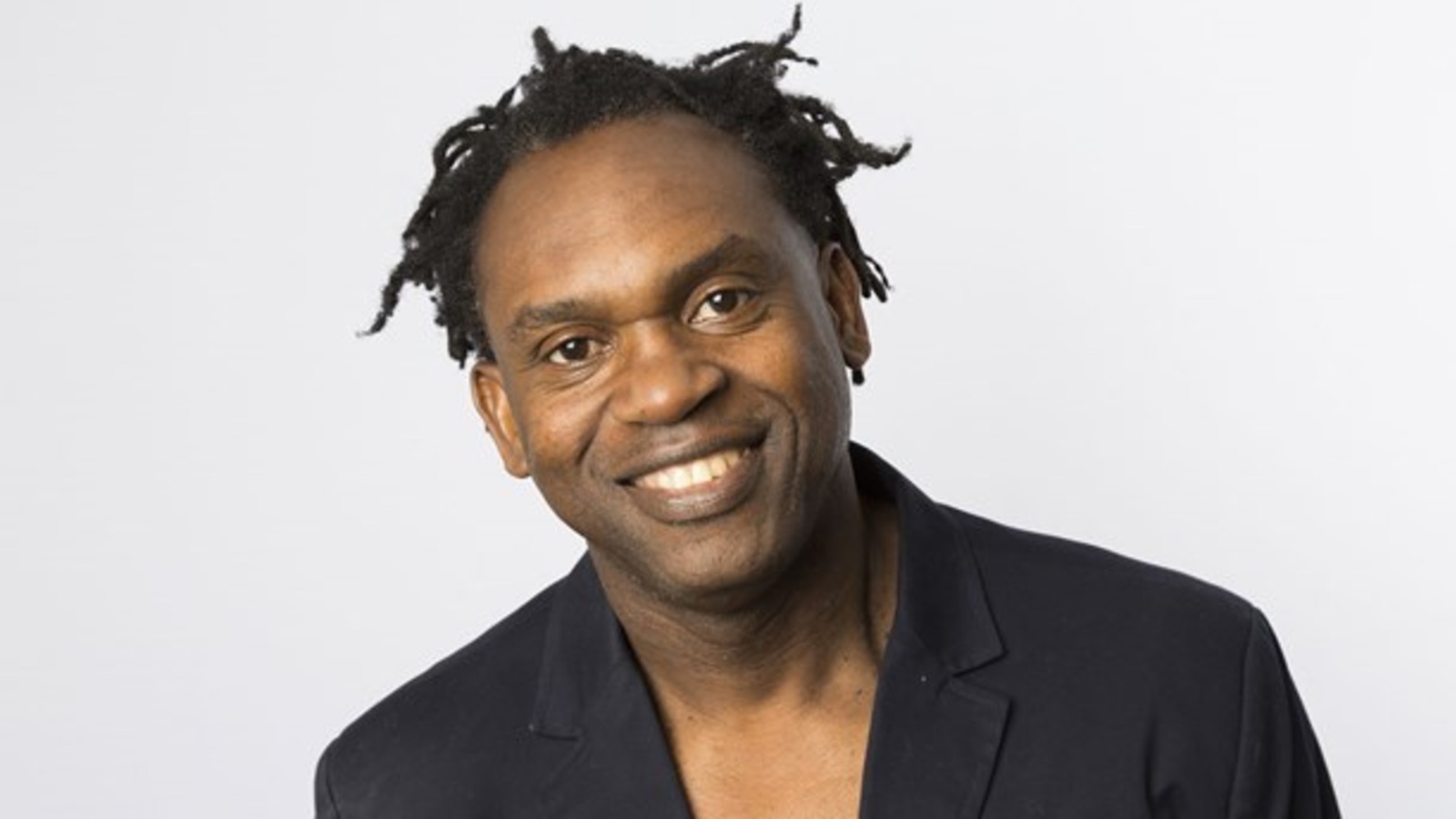




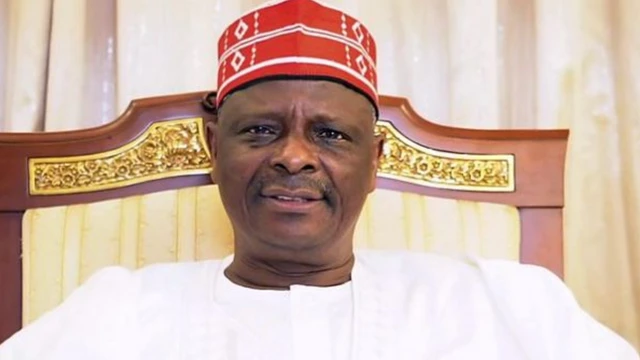
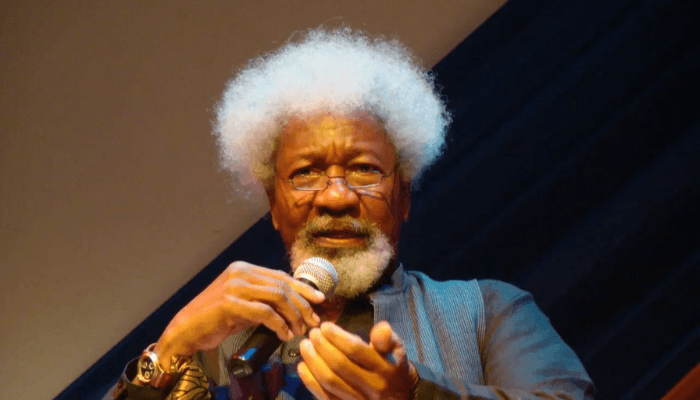
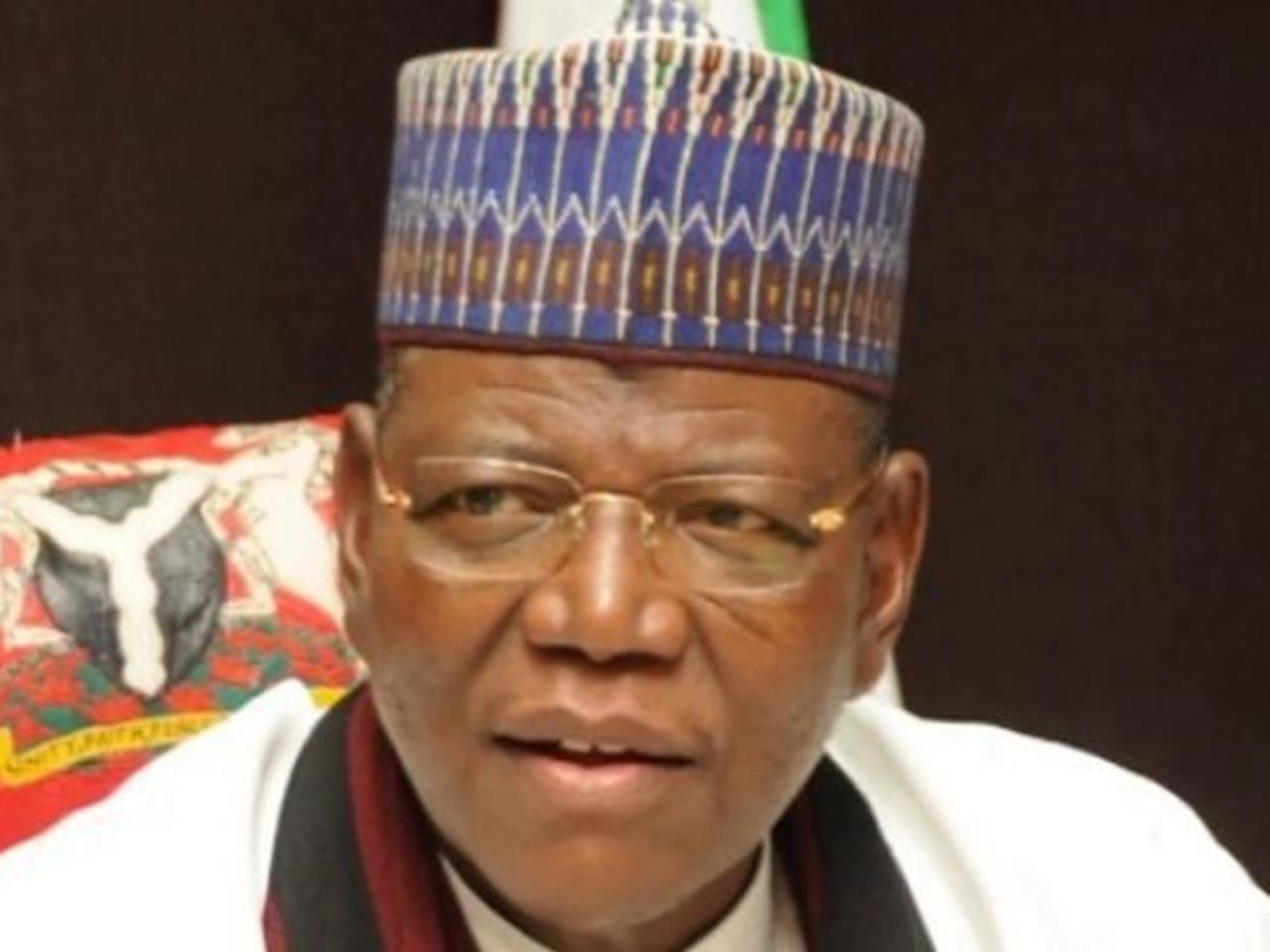
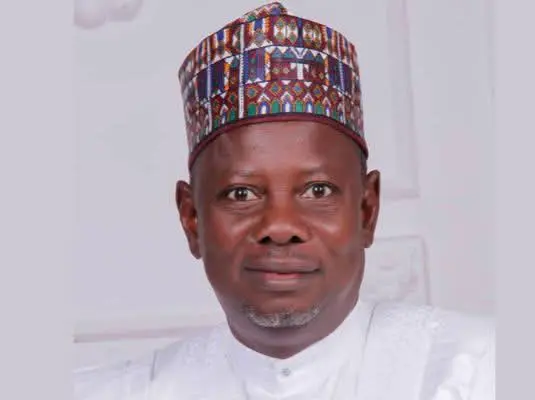
Got a Questions?
Find us on Socials or Contact us and we’ll get back to you as soon as possible.